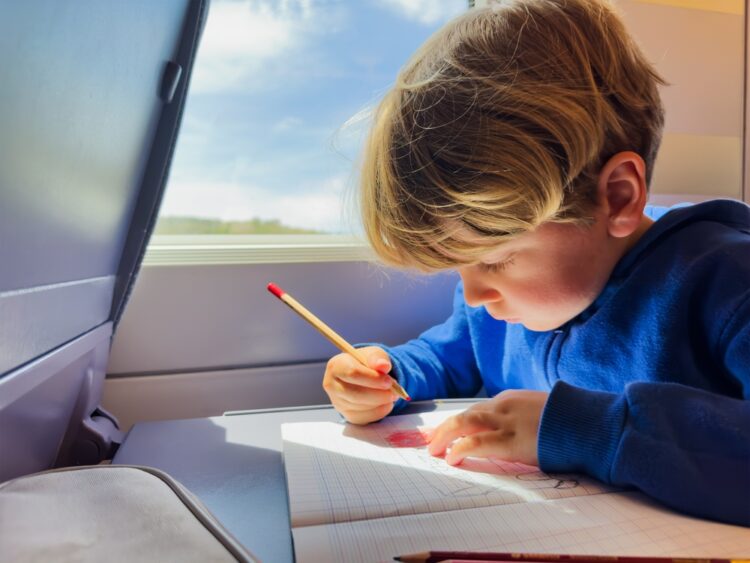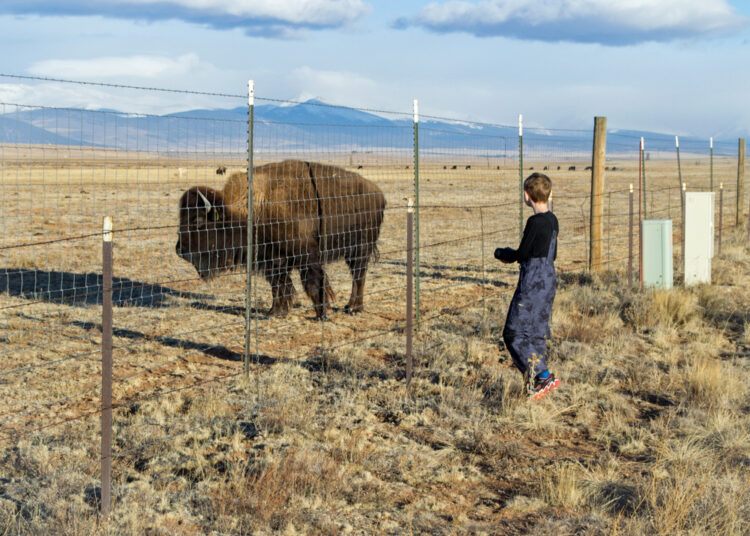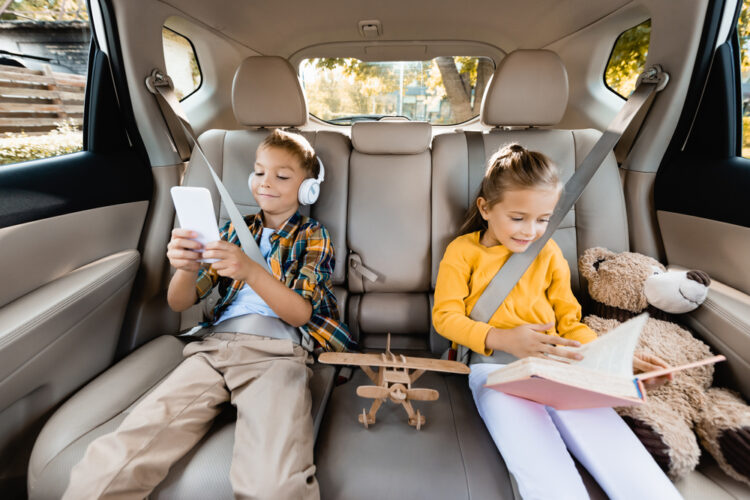Children. They are our bundles of joy until they start making a scene on a plane or squabble in the car during a journey. Some portion of our childhood memories are fondly remembered family vacations. But you probably also remember those threats from the front seat when you and your siblings distracted yourself by picking on each other. It is possible to be strategic in your family trip planning. How do you ensure a peaceful trip with the young ones? Here are a few strategies to keep in mind before you think of reaching for stress-relief solutions:
Scheduled Breaks for Physical Activity
Long journeys, be it by car, train, or plane, can make kids restless. Plan for scheduled breaks where they can run around, play, and expend some energy. If you’re driving, find a park or playground along your route. If you’re flying, walk with them around the airport during layovers. This helps in reducing their restlessness and ensures they might even take a nap during the journey, giving parents a much-needed break.

DIY Travel Journal
Provide each child with a blank notebook to serve as their personal travel journal. They can draw what they see, write about their experiences, or even glue in tickets and postcards. This not only keeps them occupied but also helps them process and remember their journey. Plus, it’s a great keepsake for them to look back on.

Embrace Assistance
If you have the means, many holiday spots offer professional childcare services, granting you some personal time. If you’re lucky to have eager grandparents wanting more time with their grandkids, it might be a good idea to bring them along. Not only do you have company, but you also have some help with the children.
Be Flexible, Not Rigid
While routines are essential, being on a holiday means you can let loose a bit. Know where to make exceptions and when to relax certain rules for a memorable time. It might mean allowing your kids some leniency on their diet or bedtime. Choose what’s best for your family and your peace of mind.
Interactive Learning
Turn travel moments into learning opportunities. Whether visiting a historic site, a natural wonder, or just passing through different terrains, engage your kids with trivia, fun facts, or simple questions about what they see. For instance, if you’re at the beach, a mini-lesson on marine life can be both fun and educational. This stimulates their minds and makes them look forward to each travel destination.

Manage Anticipations
Set your expectations, adjust them, and remind yourself constantly. Understand that voyaging with children isn’t the same as traveling without them. It might feel more like an adventure than a serene getaway. Being prepared that it’s about creating memories and having fun, even if it means missing out on some relaxation, can help you deal with potential trip letdowns.
Strike a Balance
While you might dream of cultural museum visits or elaborate dining experiences, think about what makes your little ones happy. It might be a challenge to find activities that cater to everyone, from toddlers to teens, but it’s feasible. The right location, accommodation, and travel consultant can help plan activities that cater to everyone’s preferences and ages.
Pack a Surprise Activity Kit
Before the trip, prepare a surprise activity kit for each child. This can be a small bag or box filled with a few inexpensive, new toys or crafts they haven’t seen before. Puzzle books, coloring sets, origami paper, or craft kits can work wonders. Reveal these kits only when they start to get fidgety or bored. The novelty of the surprise can re-engage them and provide a few more hours of entertainment.

Tech-Free Challenge Hour
In an age dominated by screens, introduce a ‘Tech-Free Challenge Hour’ during travel. Encourage kids to observe their surroundings, make up stories about what they see, play traditional travel games like “I spy” or “20 Questions”, or simply chat about their feelings and expectations about the trip. Reward them after the challenge, praising their creativity and patience. It not only promotes bonding but also helps them appreciate the world around them.


